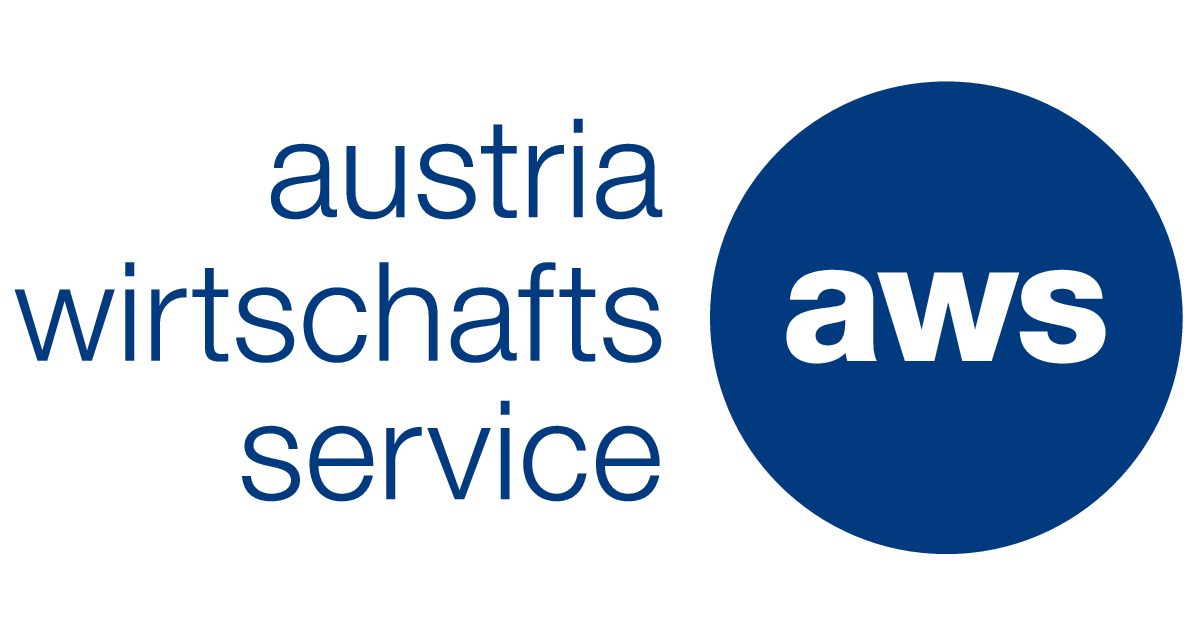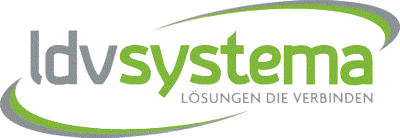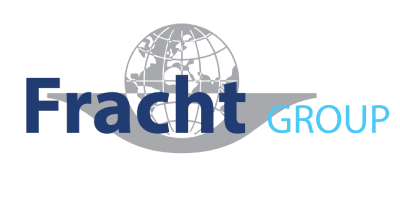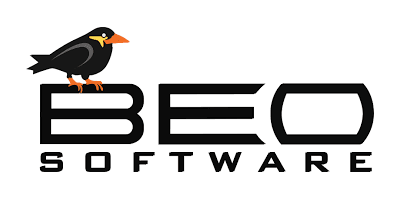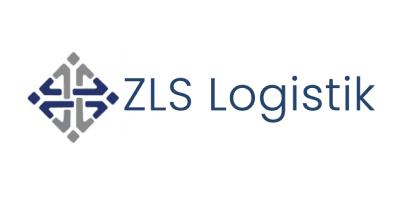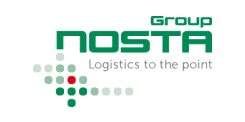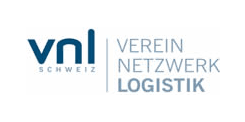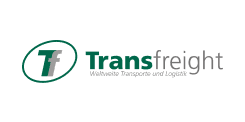How machine learning improves customs compliance
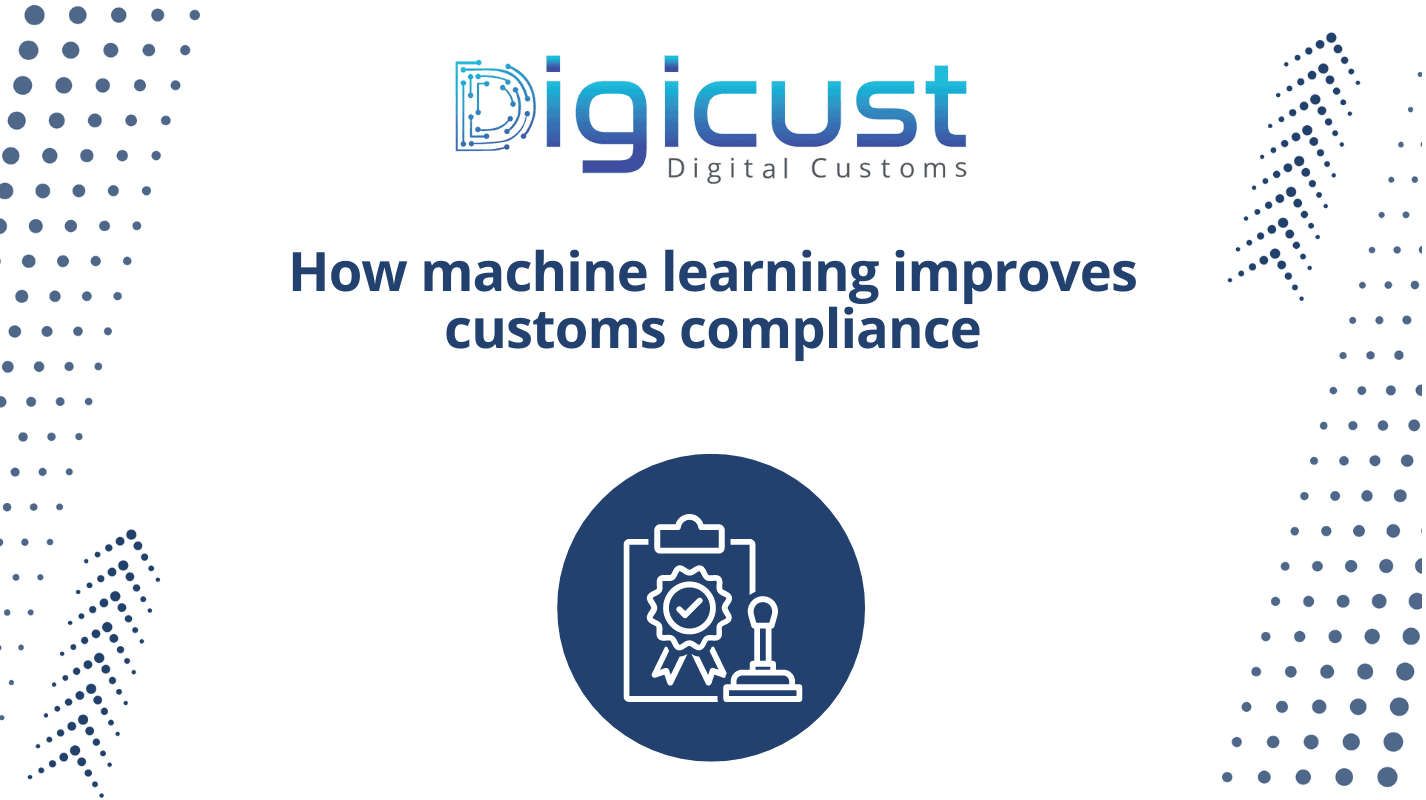
Customs compliance is a complex task that challenges many businesses. Mistakes can result in costly penalties and hinder the smooth flow of international trade. This is where machine learning comes into play. By applying machine learning technologies to customs compliance tasks, businesses can reduce errors, avoid penalties and increase efficiency. Machine learning is a branch of artificial intelligence (AI) that gives systems the ability to learn from data and make predictions without being explicitly programmed. When applied to customs, machine learning can help identify patterns and trends in customs data that the human eye might miss.
One main area of application is risk assessment. Machine learning can be used to create risk profiles for suppliers, products and supply chains. These profiles can help identify potential problems early and take preventative action. For example, companies can identify high-risk suppliers and implement additional controls to prevent compliance breaches. Another area of application is the automated verification of customs documents as Digicust is already doing. Machine learning can be used to train systems to identify discrepancies or errors in customs documents that could lead to delays or penalties. This can significantly improve the accuracy and efficiency of customs processing and help reduce errors. Machine learning significant benefits for customs compliance. By improving the accuracy, efficiency and transparency of customs processing, it can help businesses avoid costly errors and penalties and ensure compliance with customs regulations.
In addition to the use cases mentioned above, machine learning systems can also be used to predict customs trends and identify optimisation opportunities in customs processing. For example, they can identify patterns in customs data that could indicate future changes in customs policy or new business opportunities. In this way, companies can make strategic decisions and prepare for possible changes.
Looking ahead, the role of machine learning in customs is likely to continue to grow. As technology evolves and awareness of the benefits of machine learning grows, more companies are willing to invest in this technology. However, it is important that companies take a strategic approach to this and ensure that their machine learning investments are aligned with their specific compliance requirements.
In summary, machine learning has the potential to significantly improve customs compliance. By using this technology, companies can not only reduce errors and avoid penalties, but also increase their overall efficiency and competitiveness. However, it is critical that businesses fully understand the challenges and opportunities associated with implementing machine learning and take a strategic approach to using this technology. At Digicust, we support you in getting started with AI-powered customs processing with know-how and products.

Watch the full webinar here
You missed our webinar? You can watch the full video here.
News from our Blog
Learn about customs clearance, foreign trade, our product updates and our latest achievements.

